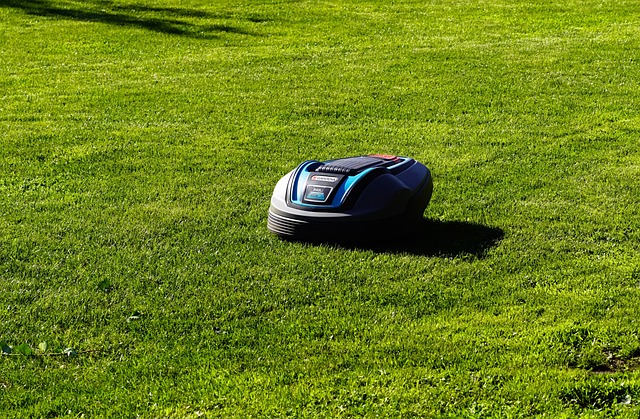Yard waste, a significant contributor to landfill pollution, can be managed through reduction, recycling (composting), and creative reuse like mulch or wood chips. Many communities have adopted initiatives like dedicated collection services and education on sorting techniques to reduce organic waste sent to landfills, promoting a circular economy and sustainable living practices.
Reducing organic waste isn’t just an eco-friendly choice; it’s a powerful step towards sustainable living. This article explores effective strategies to minimize yard waste, focusing on the environmental impact and benefits of proper management. We’ll delve into practical home recycling techniques, community programs making a difference, and how these efforts contribute to efficient yard waste removal and recycling. By implementing these strategies, we can collectively reduce landfill contributions and foster a greener environment.
- Understanding Yard Waste Impact and Benefits of Reduction
- Practical Strategies for Organic Material Recycling at Home
- Community Initiatives and Programs for Efficient Yard Waste Management
Understanding Yard Waste Impact and Benefits of Reduction

Many people underestimate the impact of yard waste on the environment, but it contributes significantly to landfill pollution. Yard waste removal and recycling are essential components of sustainable living. By understanding the benefits of reducing yard waste, individuals can make informed choices that contribute to a greener planet.
When organic material like leaves, grass clippings, and garden trimmings is improperly disposed of, it decomposes slowly in landfills, producing methane—a potent greenhouse gas. Implementing strategies to minimize yard waste removal not only reduces this harmful emission but also conserves natural resources. Recycling yard waste through composting creates nutrient-rich soil amendments that can enhance local ecosystems and support sustainable gardening practices.
Practical Strategies for Organic Material Recycling at Home

Reducing organic waste at home is an easy and rewarding task that significantly contributes to a greener environment. A practical first step is composting, where kitchen scraps, yard trimmings, and even eggshells are turned into nutrient-rich soil amendments. This process not only diverts material from landfills but also enhances garden productivity. For instance, coffee grounds and fruit peels can be combined with dry leaves and grass clippings to create a balanced compost pile, ensuring proper aeration for efficient decomposition.
Another effective strategy is recycling yard waste. Instead of relying on professional yard waste removal services, homeowners can utilize these materials in various creative ways. Old lawn clippings can serve as mulch, suppressing weeds and gradually releasing nutrients back into the soil. Additionally, wood chips from pruned branches or trees can be used to suppress weeds and improve soil structure in garden beds. These simple practices not only promote sustainable living but also encourage a more circular economy by repurposing organic materials that would otherwise be discarded.
Community Initiatives and Programs for Efficient Yard Waste Management

Many communities have recognized the importance of efficient yard waste management, leading to the development of various initiatives and programs aimed at reducing organic waste. These efforts often involve community participation to create sustainable practices. One common approach is the implementation of yard waste collection services, where local governments or private contractors offer regular pickups for materials like grass clippings, leaves, and small branches.
Additionally, some communities promote recycling and composting initiatives. They provide education on proper sorting techniques for organic materials, encouraging residents to separate compostable items from general waste. This reduces the amount of yard waste ending up in landfills and fosters a circular economy by transforming organic matter into valuable resources like soil amendments.
By implementing organic waste reduction strategies, from home recycling practices to community-driven initiatives, we can significantly minimize the environmental impact of yard waste. Through proper management, we not only reduce landfill contributions but also foster a healthier ecosystem by returning organic materials to the soil. Adopting these methods is key to sustainable yard care, ensuring a greener and more environmentally conscious future for our communities. Efficient yard waste management is everyone’s responsibility, contributing to both local and global efforts in reducing waste and promoting recycling practices.














